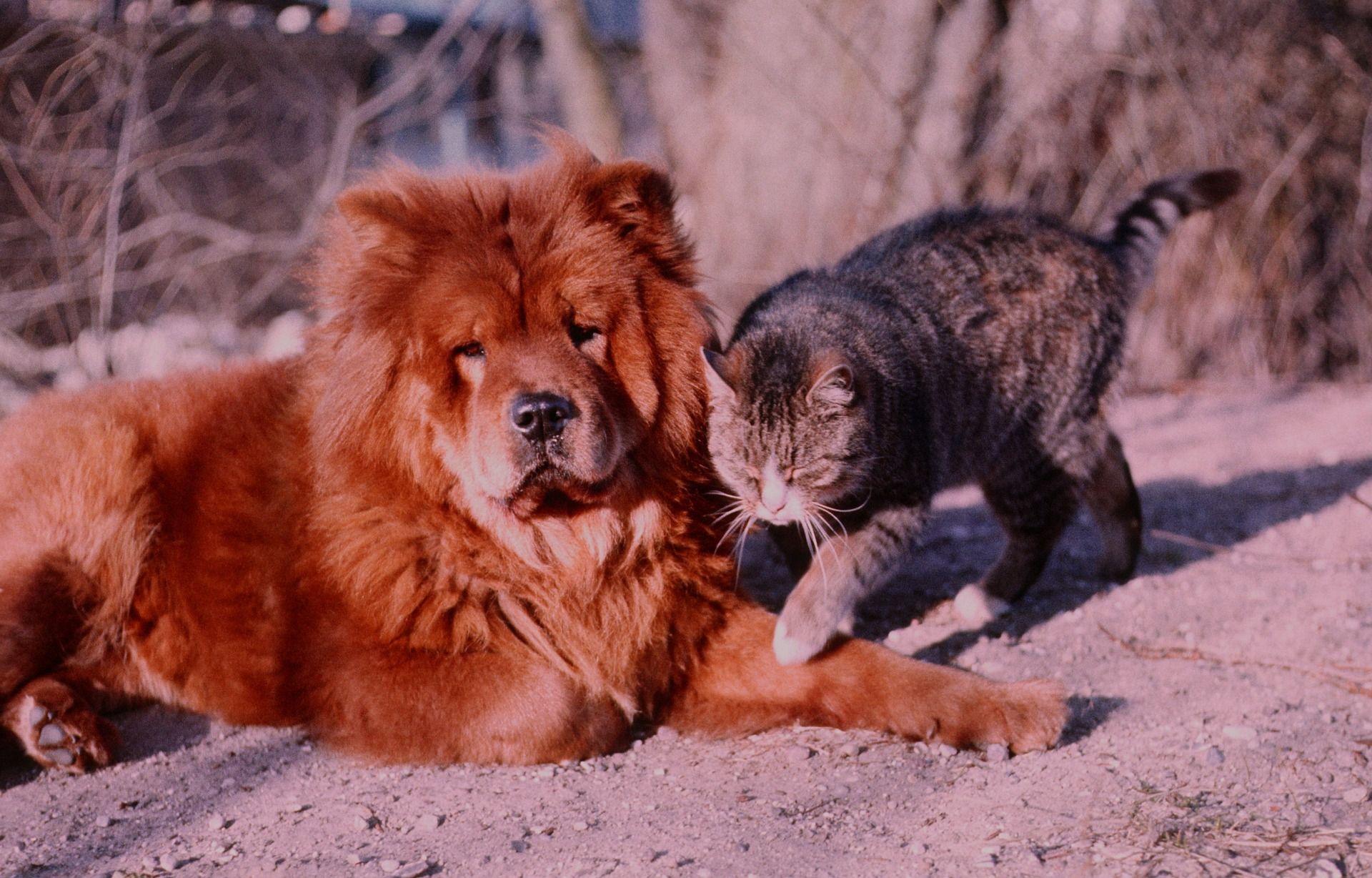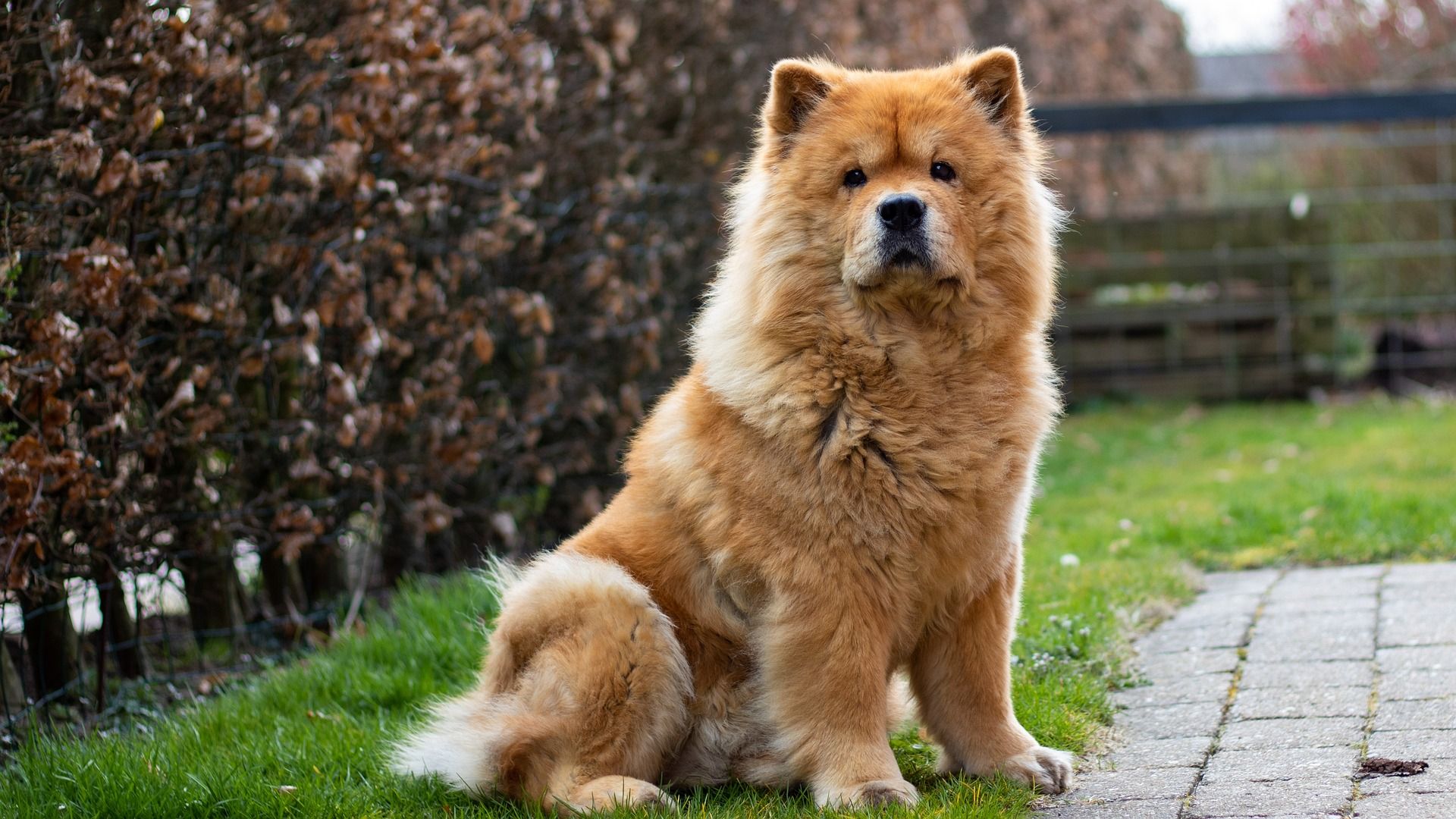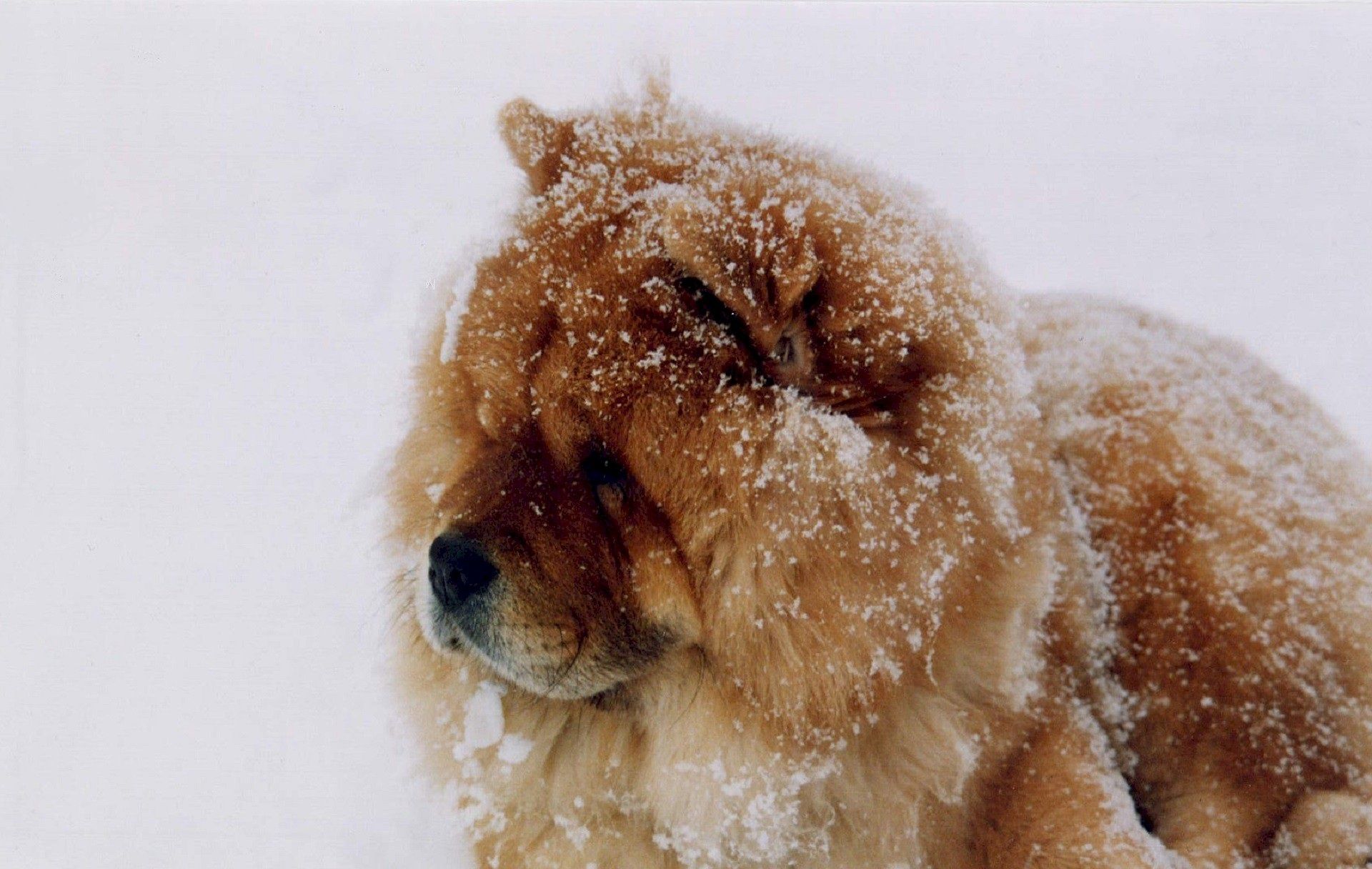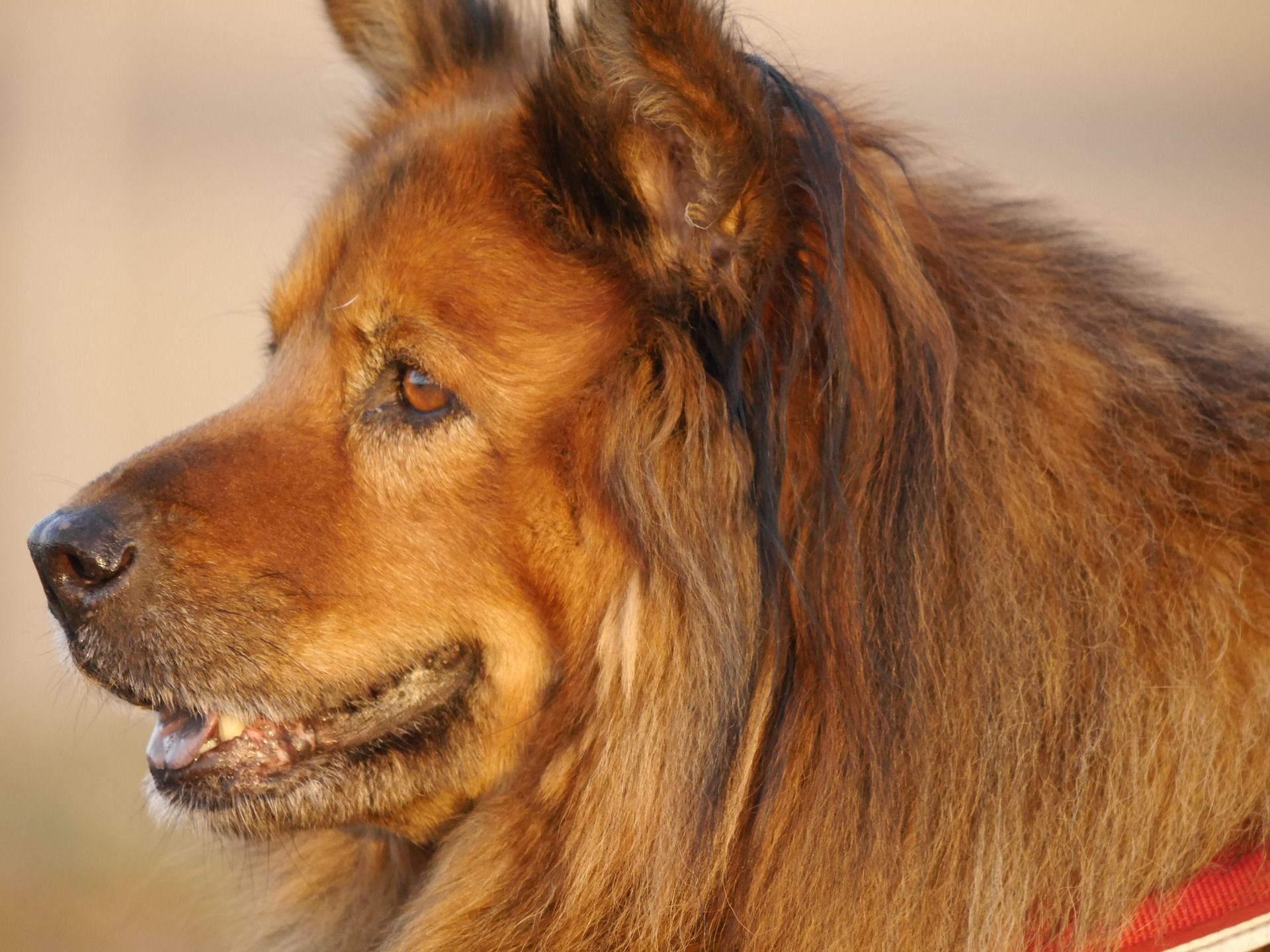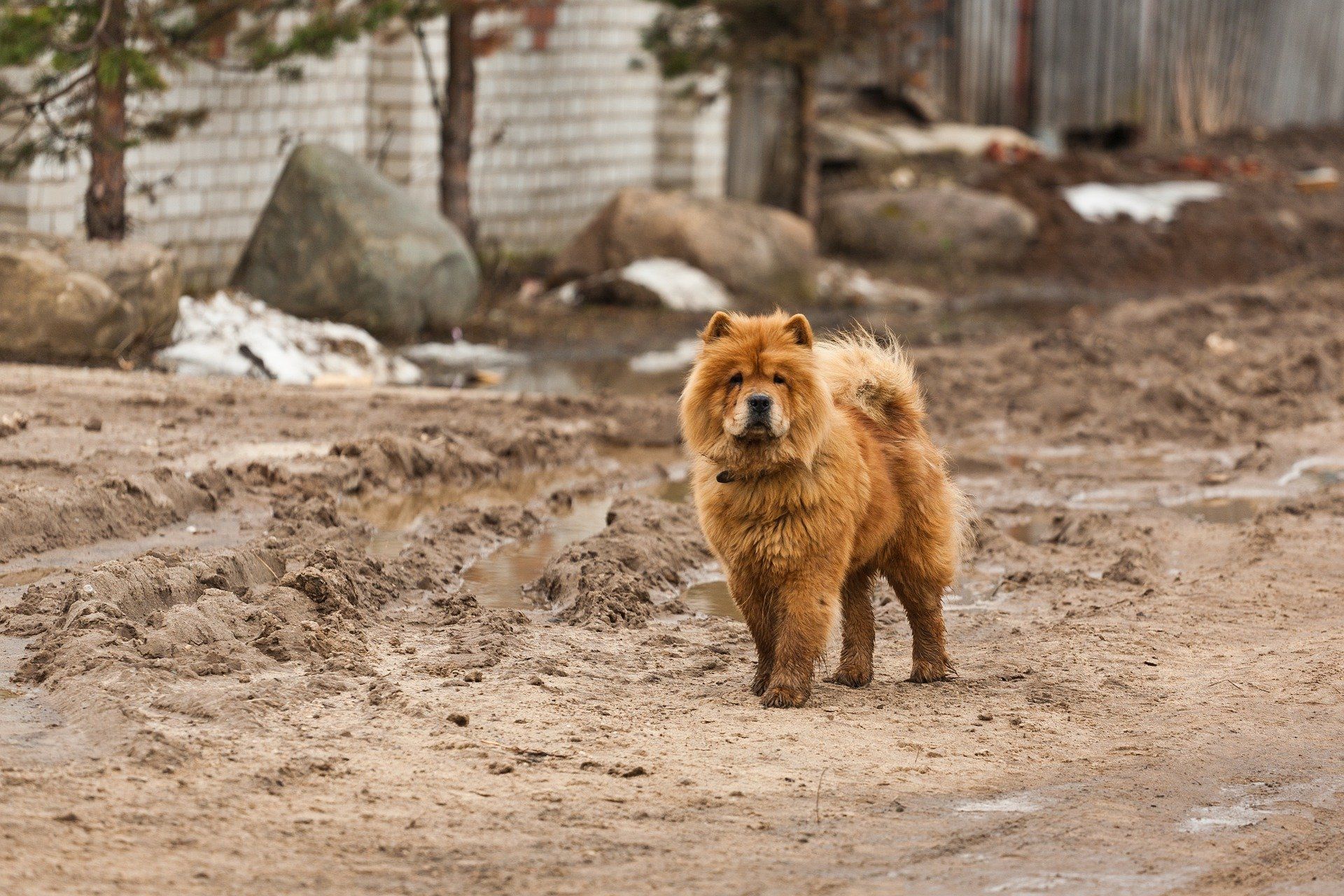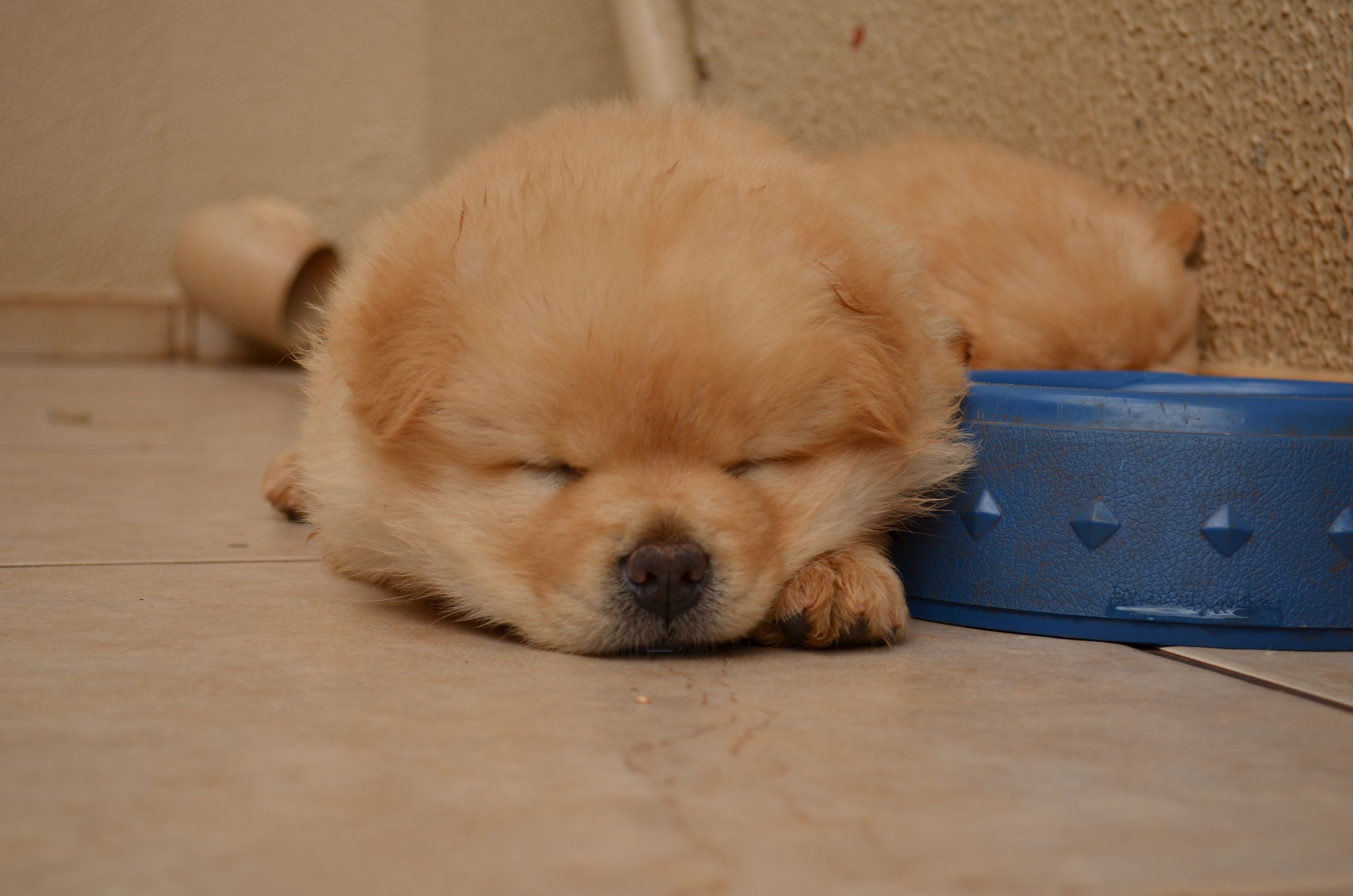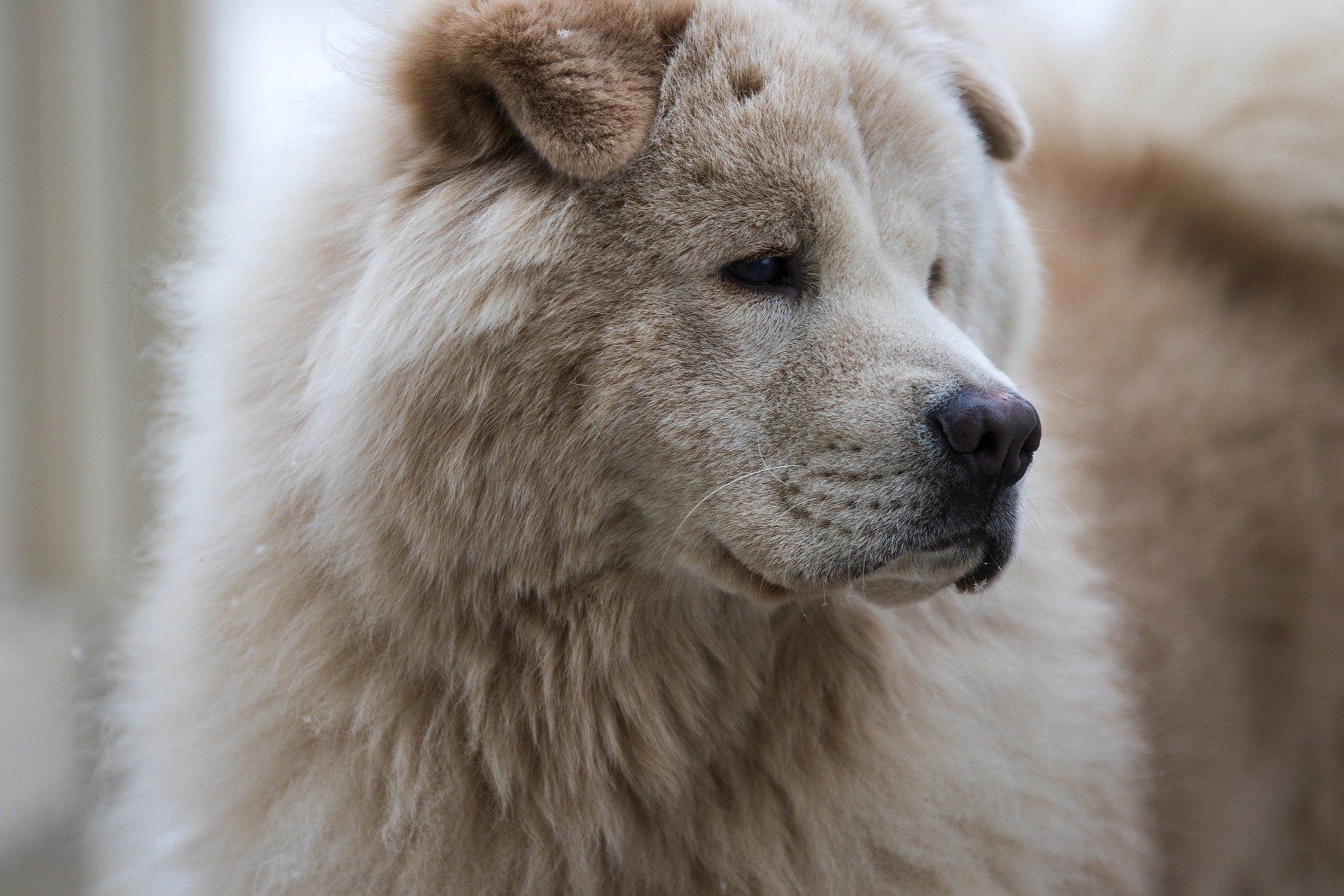Dogs that are good with kids have a gentle and tolerant nature. Chow Chows have a reputation for independent and aloofness. Are they considered good with kids?
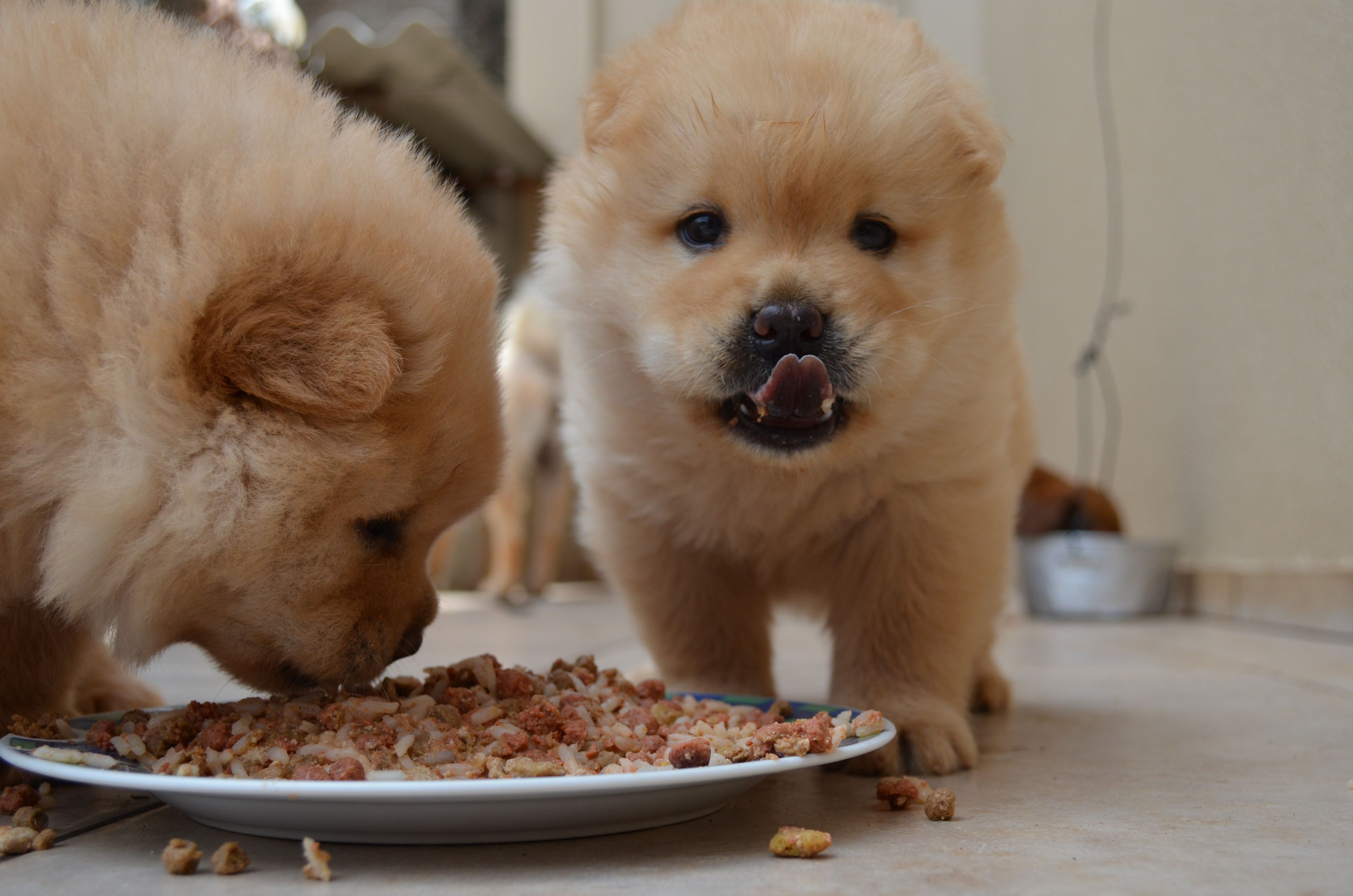
Dogs that are good with kids are characterized by their gentle and tolerant nature, making them suitable companions for families. Breeds such as Golden Retrievers, Labrador Retrievers, Beagles, Bulldogs, Collies, Boxers, and others are known for their friendly disposition and ability to form strong bonds with children. These dogs are typically affectionate, adaptable, and often protective, making them well-suited for family environments. Chow Chows, on the other hand, have a reputation for independence, aloofness, and sometimes being reserved. So are they good with kids?
Table of Contents
-
Are Chow Chows Good with Kids?
- #1 — Temperament of Individual Dogs
- #2 — Early Socialization
- #3 — Training and Obedience
- #4 — Supervision during Interactions
- #5 — Respect for Personal Space
- #6 — Early Exposure and Positive Experiences
- #7 — Behavior of Children
- #8 — Regular Positive Reinforcement
- #9 — Consider Individual Variability
- #10 — Regular Veterinary Check-ups
Are Chow Chows Good with Kids?
Chow Chows can be good with kids, but it depends on the specific dog, its socialization and training, and the behavior of the children. Responsible ownership practices play a pivotal role in fostering a positive relationship between dogs and children.
Chow Chows have a reputation for being independent, aloof, and sometimes reserved, which can influence their interactions with children. While individual temperament varies, and there are many well-socialized and gentle Chow Chows, there are some considerations to keep in mind when it comes to Chow Chows and kids:
#1 — Temperament of Individual Dogs
Each Chow Chow has its own unique temperament. Some may be naturally more patient and tolerant of children, while others may be more reserved or cautious.
If a Chow Chow has a calm and patient disposition, it may be more inclined to tolerate the energy and curiosity of children. On the other hand, a more reserved Chow Chow may need gradual introductions and positive experiences to build comfort.
#2 — Early Socialization
Early and positive socialization is critical for Chow Chows. Exposure to various people, including children, during their formative weeks and months helps shape their attitudes and behaviors.
A Chow Chow that has been well-socialized from an early age is likely to be more adaptable and comfortable around children. Positive experiences during this period can contribute to a more well-rounded and sociable adult dog.
#3 — Training and Obedience
Consistent and positive training is essential for any dog breed, including Chow Chows. Teaching basic commands and establishing clear expectations aids in creating a well-behaved pet.
A Chow Chow that has undergone obedience training understands commands such as “sit,” “stay,” and “leave it.” This not only enhances the dog’s behavior but also ensures that interactions with children can be controlled and managed effectively.
#4 — Supervision during Interactions
Regardless of the breed, all interactions between dogs and children should be supervised to prevent any unintentional rough play or misunderstandings.
Even if a Chow Chow is generally good with children, close supervision ensures that any signs of discomfort or stress in the dog are detected early, allowing for immediate intervention if necessary.
#5 — Respect for Personal Space
Chow Chows, like many dogs, value their personal space. Teaching children to respect the dog’s boundaries contributes to positive interactions.
If a Chow Chow is resting or eating, children should be taught not to disturb the dog during these times. Providing the dog with a designated quiet area also reinforces the importance of personal space.
#6 — Early Exposure and Positive Experiences
Early exposure to children in positive contexts helps Chow Chows develop positive associations and behaviors.
Taking the Chow Chow for short, positive outings with well-behaved children or allowing supervised playtime can create positive experiences. This helps the dog associate children with enjoyable activities.
#7 — Behavior of Children
The behavior of the children in the household is a crucial factor. Children should be taught how to interact appropriately with dogs.
Educating children about gentle touch, avoiding sudden movements, and understanding when to give the dog space can contribute to a harmonious relationship. Teaching them to approach the dog calmly and not to disrupt its eating or resting times is also important.
#8 — Regular Positive Reinforcement
Regular positive reinforcement, such as treats or praise, for good behavior around children helps reinforce positive associations.
If a Chow Chow remains calm and tolerant during interactions with children, offering treats or verbal praise provides positive reinforcement. This encourages the dog to associate positive outcomes with being around children.
#9 — Consider Individual Variability
Recognize that individual dogs within the same breed can have varying temperaments.
Two Chow Chows from the same litter may have different reactions to children. One may be more playful, while the other may be more reserved. Understanding and respecting these individual differences are crucial for successful interactions.
#10 — Regular Veterinary Check-ups
Regular veterinary check-ups ensure that the Chow Chow is in good health, which can impact its behavior and tolerance levels.
If a Chow Chow is experiencing pain or discomfort, it may be less patient or more reactive. Regular veterinary visits help address any health issues promptly, contributing to a more positive and predictable temperament.
In summary, by considering these factors and taking proactive measures such as early socialization, positive training, and careful supervision, the interaction between Chow Chows and kids can be safe and enjoyable for both parties. Responsible ownership practices play a pivotal role in fostering a positive relationship between dogs and children.
It’s important to note that any dog, regardless of breed, should be raised in a loving and well-structured environment. Responsible ownership practices, including early socialization, training, and positive interactions, contribute to a harmonious relationship between Chow Chows and children.
If you are considering bringing a Chow Chow into a household with children, it’s advisable to choose a reputable breeder who prioritizes temperament and socialization. Additionally, adopting from a rescue organization or shelter may provide an opportunity to assess an individual dog’s temperament and behavior with children before making a commitment.
What are Some Dog Breeds that are Good with Kids?
Many dog breeds are known for their gentle and tolerant nature, making them well-suited for families with children. However, individual temperament, training, and socialization play crucial roles in determining a dog’s compatibility with kids. Here are some dog breeds that are often recognized for being good with children:
- Golden Retriever: Known for their friendly and gentle nature. Highly trainable and often good with children of all ages.
- Labrador Retriever: Playful, outgoing, and tolerant. Known for their intelligence and versatility.
- Beagle: Friendly, curious, and good-natured. Generally good with children due to their playful disposition.
- Bulldog: Calm and gentle, making them suitable for families. Known for their loyalty and affectionate nature.
- Collie: Gentle and protective. Loyal and often forms strong bonds with children.
- Boxer: Energetic, playful, and good with kids. Known for their protective instincts.
- Basset Hound: Relaxed and good-natured. Tends to be patient and gentle with children.
- Cavalier King Charles Spaniel: Affectionate and friendly. Generally good with children due to their gentle temperament.
- Poodle: Intelligent and adaptable. Comes in various sizes (standard, miniature, and toy) to suit different family environments.
- Newfoundland: Gentle giant with a calm demeanor. Known for being good with children and being protective.
- Irish Setter: Energetic, friendly, and outgoing. Often forms strong bonds with children.
- Pug: Playful, affectionate, and generally good with kids. Adaptable to various living situations.
- Shetland Sheepdog: Intelligent and gentle. Often forms strong bonds with children and is protective.
- Vizsla: Energetic and affectionate. Known for being good with children due to their friendly nature.
- Cocker Spaniel: Gentle, affectionate, and good with kids. Adaptable to various living environments.
- Maltese: Small and affectionate. Tends to be good with older, gentle children.
- Papillon: Small and playful. Adaptable to family life and good with gentle children.
- Shih Tzu: Affectionate and adaptable. Generally good with children when socialized from a young age.
- Bernese Mountain Dog: Gentle, calm, and good with children. Known for their loyalty and protective instincts.
- Havanese: Playful, friendly, and good with children. Adaptable to different living situations.
It’s important to note that individual dogs, regardless of breed, may vary in temperament. Again, early socialization, positive training, and regular supervision are key elements in fostering positive relationships between dogs and children.
Additionally, considering the energy level, size, and exercise needs of a specific breed can help match the right dog to a family’s lifestyle.
